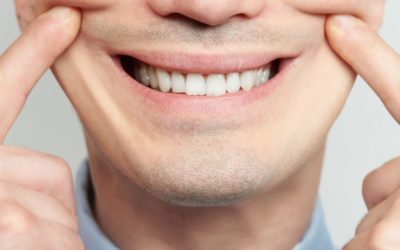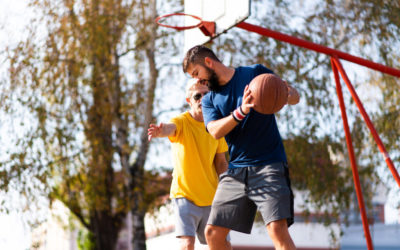
Wouldn’t it be great if we could learn things with no effort?
Well, actually we often do, and children learn vast quantities of information, and knowledge with little to no effort – think of how well we learn languages which become fiendishly difficult to learn as adults.
This is something that researchers at Ohio State University wanted to explore further. Just how much does simple exposure trigger learning.
What did they find?
Well, the good news, is they found that simple exposure seems to prime the brain for learning. In a series of experiments they conducted they saw that when exposed to different creatures, without any need to learn anything, the participants could learn the categories of these creatures much quicker when given an explicit learning task. Much quicker than if they had had no exposure.
This may sound a bit obvious, but it is not. It shows that simple exposure triggers mild learning responses and primes the brain to be ready for learning. Additional experiments showed that the exposure itself had not triggered learning because of failure to categorise these creatures at an earlier stage. It was only when active learning was stimulated that those who had had previous exposure performed much better.
All in that’s great news – simple exposure helps with learning and something we can certainly use as parents, teachers, and in business. Admittedly it is not learning with no effort, but at least learning with less effort.

Andy Habermacher
Andy is author of leading brains Review, Neuroleadership, and multiple other books. He has been intensively involved in writing and research into neuroleadership and is considered one of Europe’s leading experts. He is also a well-known public speaker speaking on the brain and human behaviour.
Andy is also a masters athlete (middle distance running) and competes regularly at international competitions (and holds a few national records in his age category).
Reference
Layla Unger, Vladimir M. Sloutsky.
Ready to Learn: Incidental Exposure Fosters Category Learning.
Psychological Science, 2022; 095679762110614
DOI: 10.1177/09567976211061470
More Quick Hits
Yes, Fake Smiling Does Improve Your Mood
Can just smiling, even if fake, improve your mood? This has been proven, debunked, re-proven and now re-re-proven…
How Your Brain Decides to Help Others in Danger
In times of crises and danger we may hide and flee as our natural instincts would guide us, or do something else: put ourselves at danger and help others.
Two Types of Willpower
There are two types of will power – and one is much more effective…
Our Brains Seem to Use Quantum Computations
It has been proposed that our brain uses quantum processes but this is hard to prove – until now that is…
Insults Trigger the Equivalent of a Slap to the Face in the Brain
What do insults do to our brain wave patterns, do they degrade over time and how do they compare to compliments?
Even a Short Bout of Exercise Can Boost Brain Growth
Exercise is good for you – we all know that. But can just a single bout of exercise do you and your brain any good?






